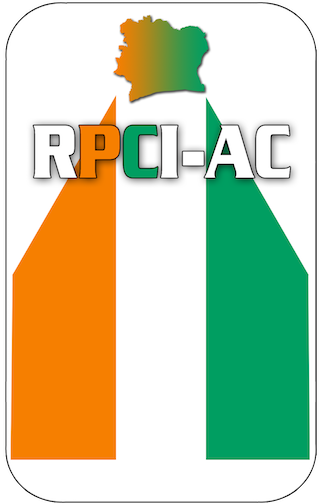"World politics":"Years of Revolutions worlwide"(Part 2)
Le 21 décembre 2011 par IvoireBusiness - One of the historical "Revolution" that cannot analyzed as a revolution stemmed from the masses, that's to say

Le 21 décembre 2011 par IvoireBusiness - One of the historical "Revolution" that cannot analyzed as a revolution stemmed from the masses, that's to say
people living at the bottom of the society remains unquestionably "the French revolution", portrayed as a revolution of "burgese"(bourgeois) people, not a good example in world history by many objective observers! According to the French background at that particular period, "King Louis 16" said: "it was a rebellion relatively speaking. No sir, came the blunt response, it's a "Revolution". Meanwhile, the verdict of history is that French "King Louis 16" was wrong...Perhaps his misreading of the situation was one reason for the success of the "Revolution movement". The French "Revolution" marks a watershed in history. The "Revolution" swept away medieval structures of power and accelerated the creation of modern nation-states which dominate the contemporary world. Politically, the French "Revolution" destroyed absolute monarchy based on divine right and curtained the traditional powers of the aristocracy. Economically, the French revolution weakened aristocratic control over the peasantry and helped to create the conditions under which market relations spread and capitalism would emerge. Over time, the system of provincial government led by local notables was replaced by a centralized, more meritocratic bureaucracy. Thus, the revolution created the tools through which modern states govern their people. In that sense, it can be considered a "bourgeois revolution", a revolution of rich people, therefore cannot labeled as the rightful "Revolution" in term of political change according to people living at the bottom of the society! In the same trend, capitalism did not emerge overnight, but the political "Revolution" laid the ground for long-term economic change. Thirdly, ideologically, the French "Revolution" was secular and anti-clerical, hostile to religion in general and the roman Catholic Church in particular. It fathered liberal ideas of individual rights for all citizens. Where local customs had previously shaped the nature of relations between individuals, after 1789 these rights were enforceable through codified law. In addition to that reality, one must not forget the fact that "the French Revolution was also powerfully nationalist" to some extent: The nation became the transcendent bond, uniting all citizens in patriotic fervor. A duty of military service to the fatherland went hand in hand with the hard-won rights and of privileges and citizenship; the french "Revolutionary" armies thus foreshadowed the vast conscript armies of the twentieth century. The shockwaves of the "French Revolution" reverberated throughout Europe. Moreover, the ruling classes everywhere saw their very existence imperiled as the system of throne and altar(the conservative marriage between absolute monarchy and an official church) trembled. Furthermore, the subsequent revolutionary wars gave an impetus to nationalism and the nation- state which spread across Europe and throughout the world. The question is, what does the French case reveal about the study of "Revolution"? To answer this question, firstly, it shows how the full impact of a Revolution may take decades to unfold. The initial "Revolutionary" leadership of 1789 gave way to a period of autocratic rule by Napoleon (1799-1814) and universal male suffrage was not adopted until 1848.Yet the "Revolution" established the future contours of liberal democracy: popular sovereignty, a professional bureaucracy, a capitalist economy and a liberal ideology. The french case also displays the features of "Skopol" believes characterizes great "Revolutions". The international dimension can be seen in France's generally unsuccessful competition with "England" in the eighteenth century. The limited domestic effectiveness of the monarchy was shown by the inability to raise the revenue for these foreign adventures! Finally, one must bear in mind that, the "French", "Russian", "Iranian" Revolutions were all cases, where an established traditional order was overthrown by a "Revolutionary" movement. In 1989, the collapse of "Berlin's wall backed up by the eastern countries wind, therefore, the countries of Eastern Europe witnessed a very different kind of political change: A relatively new political order, largely imposed by the soviet union, was swept aside. As with the "French", "Russian" and "Iranian" revolutions, the events of 1989 marked a turning-point in world history, namely in the whole AFRICA with the violent wind of african democratic process such as:"Benin", "Togo", "Ivory Coast" and many more! Furthermore, the year 1989 experience provides an important insight into the cause of revolution till today.
(Yves T Bouazo)













